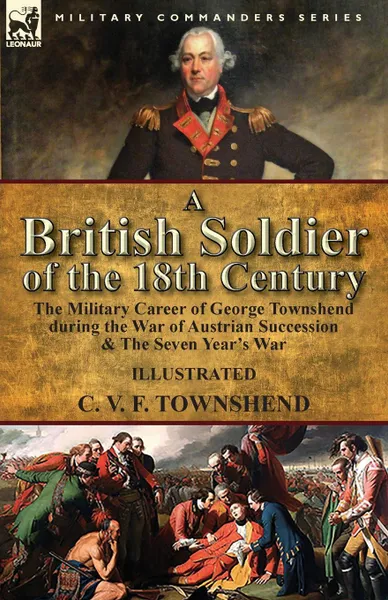A British Soldier of the 18th Century. the Military Career of George Townshend during the War of Austrian Succession . The Seven Year.s War 12+
Автор: C. V. F. Townshend
272 страницы
Категория: Учебная литература
ISBN: 9781782826873
Язык: Английский
📖 An essential insight into British battles of the 18th centuryAlthough George Townshend, First Marquess (and ultimately Viscount) Townshend, rose to become a field-marshal of the British Army, it is quite possible that few students interested in the warfare of the 18th century are familiar with his early military career. He first saw action at the Battle of Dettingen during the War of Austrian Succession in 1743 and he also fought at Culloden during the abortive Jacobite Rising in 1746. Townshend returned to the European battle front in in 1747 and saw action at Lauffeld. However, perhaps his principal claim to fame came about with the outbreak of the Seven Years War when he was given command of a brigade under Wolfe at Quebec. James Wolfe was killed in this famous battle and his second in command, Robert Monckton, was quickly wounded, so Townshend took command of the British Army on the Plains of Abraham in September, 1759. Townshend displayed impressive competence during the final stages of the battle averting a potentially dangerous attack. After the battle it was he who accepted the surrender of the city. After fighting at Vellinghausen in 1761 he commanded a division of Anglo-Portuguese troops during the Spanish Invasion of Portugal. All these events are described in fascinating detail and Townshend’s account of the war in North America offers particular insights into the conduct of the French and Indian War and the command qualities of James Wolfe. Contains illustrations...
Мнения
